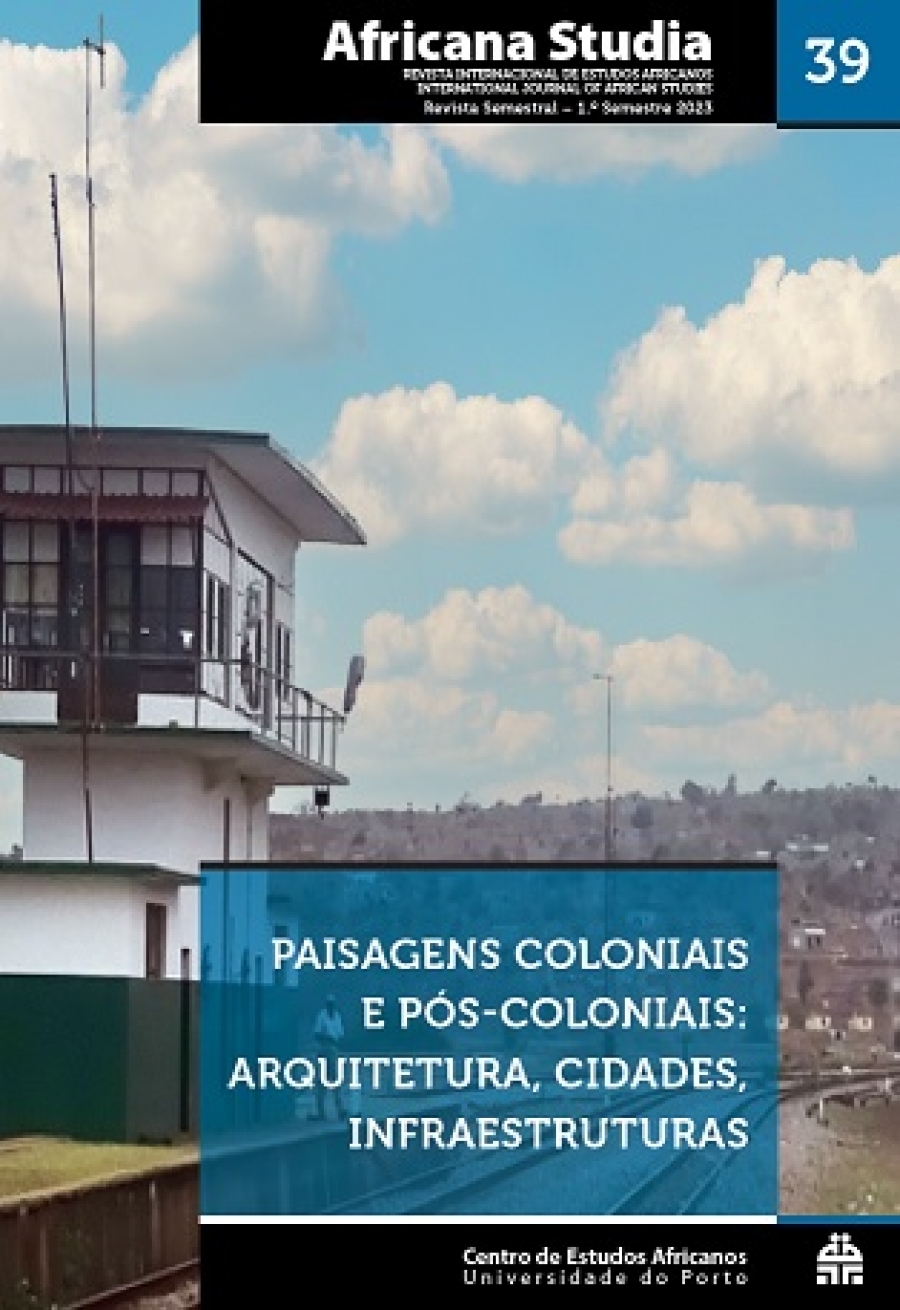Through a Service-Learning approach, which is being experienced at UCM with the support of FGS, the Centre for African Studies of the University of Porto (CEAUP) and the Santo Agostinho Research Centre (CISA) of the UCM, both university and local communities in Beira, design and implement shared learning experiences that culminate in the creation of community projects and actions.
This whole process began with an intensive face-to-face training, developed in March 2022, for teachers and students from that UCM faculty. This training, which was promoted by CEAUP, with the collaboration of FGS and CISA, firstly, trained the teaching staff regarding the Service-Learning (SL) methodology. In a second moment, the group of teachers, with the support of CEAUP, designed and implemented a 25-hour training course in which the SL methodology was explained to a group of about 15 university students, where it was promoted knowledge was about Climate Changes, its causes and consequences.
About 10 months after the beginning of the project ReAct, the Service-Learning experiences are in the implementation phase with the local communities. In Nhangau, efforts are being made to raise awareness regarding reforestation in that rural community, and a tree planting campaign is being planned (environmental management). In the neighbourhood of Matacuane, in the urban area of Beira, awareness for the management of urban waste is being raised in the community, and a cleaning campaign was carried out with local partners. Both of these experiences are the result of a diagnosis carried out by the UCM jointly with the communities.

As a result of the path taken so far, researchers from CISA carried out the production of 2 scientific articles about the integration of a SL experience in a university context, which were presented in scientific conferences at the UCM. Likewise, an article was submitted to the SL Congress that will take place in Barcelona during January 2023, as a way of sharing the experience that is being carried out in Beira.
The Service-Learning approach (SL) is a university extension methodology that is born from the cross between university training (Learning) and social commitment (Service). This university extension was born in England, in the XIX century, as “Lifelong Education”, but it was only in the early 1960s that this concept became inseparable from teaching and research, also becoming a commitment action with local communities.
Basically, and in other words, SL intends to reinforce in universities a vision that the production of knowledge intrinsically implies responsibility and social commitment to the social and environmental problems of each territory.
In the Beira region, through the work that the ReAct project is carrying out with the UCM, what is intended is to create a university education project committed to the problems of local communities, through the intersection of three key agents: teachers, students and communities, with various organizations at the local level (NGOs, social movements and local authorities).


Until November 2023, we will continue to tread the path, on this shared path, towards building more knowledge and more involvement.
1 The project ReAct to Climate Changes was born from the collaboration between FGS – Fundação Gonçalo da Silveira, CISA – Centro de Investigação Santo Agostinho from the University of Mozambique and CEAUP – Centre for African Studies from the University of Porto, through the Service-Learning with young people from the communities of Beira, Mozambique.




